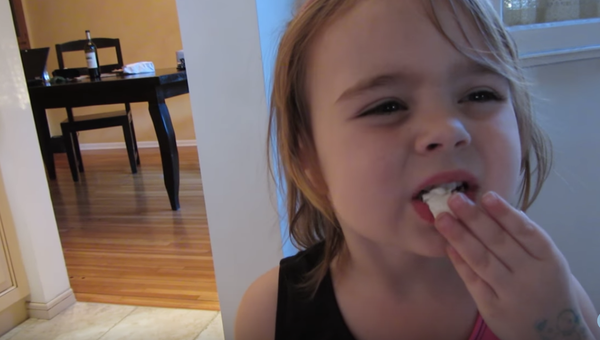Historically, our legal system has relied on the principle that "seeing is believing." When a crime takes place and someone sees it happen, we rely on that person to tell us what happened, and then make legal decisions based on what they can remember. And it seemed to work pretty well, as far as we could tell, especially since we lacked alternative ways to double-check the accuracy of eyewitness memory.
But as technology advanced, new forms of evidence such as video recordings and DNA testing were incorporated into the legal system that serve as alternatives to eyewitness testimony. A troubling result emerged when these new methods were tested against the old ones: the good ol' fashioned eyewitness evidence didn't work — at least, not nearly as well as we thought.
One psychological researcher named James Buckout investigated this disturbing trend in 1974 by simulating a crime in front of 64 witnesses and asking them to pick out the perpetrator from a lineup. 40.3% of respondents identified the wrong person, and only 13.5% identified the right one. The rest either did not identify anyone or impeached their identifications. Around then, we began to realize that the infallible standard we'd upheld for centuries is fallible.
As if this was not frightening enough, further research found that eyewitnesses' memories can be changed by asking the wrong questions. In 1975, Elizabeth Loftus found that if they are asked questions with false presuppositions, eyewitnesses will incorporate false information into their memories. Further experiments confirmed this result. This became known as the misinformation effect, and has serious implications: we cannot trust our memory, since our memories change every time we recall them.
Despite the fact that we've known this information for decades, the court system still relies on eyewitness testimony and treats it as valid evidence to this day. It was this unreliable standard that allowed Jennifer Thompson to falsely pick Ronald Cotton out of a police lineup and imprison him after she was raped by someone who looked similar. After Cotton was vindicated by DNA testing, Thompson and Cotton became friends and wrote a book called "Picking Cotton: A Memoir of Injustice and Redemption" about the experience. It led them to try to inform people about they way that memories lie and to do a widely viewed concise interview on 60 Minutes.
If we are to truly call our court system "just" and base it off of true, factual evidence and if we want to avoid falsely imprisoning innocent people based off of false memories, we need to stop trusting eyewitness testimony. A common expression says "don't trust everything you hear," but we should take our skepticism even further — we should not trust everything that we, or anyone else, remember seeing.
For more information on this subject, check out some of the following resources:
American Psychological Association: "How Reliable is Eyewitness Testimony?"
Stanford Journal of Legal Studies: "The Problem with Eyewitness Testimony"
Scientific American: "Why Science Tells Us Not to Rely on Eyewitness Accounts"
ScienceMag: "How Reliable is Eyewitness Testimony? Scientists Weigh In"





















